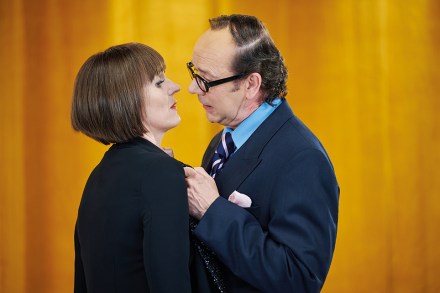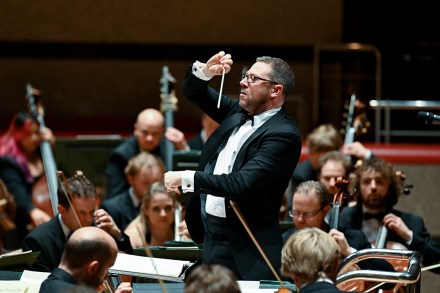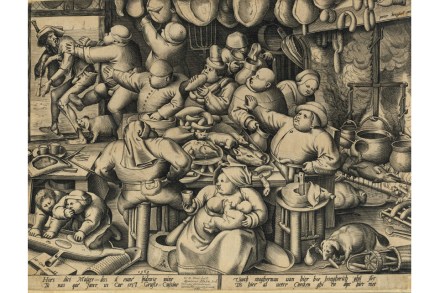The Recruit might be the worst show on Netflix
The Top Gun series received generous support from the US Navy because it was such an effective recruitment tool. I wonder if something similar went on between the CIA and Netflix’s new series The Recruit, this time as an exercise in reputation management. ‘There’s nothing sinister or threatening about the Company,’ this bizarre, horribly ill-judged






























